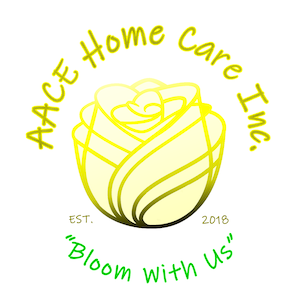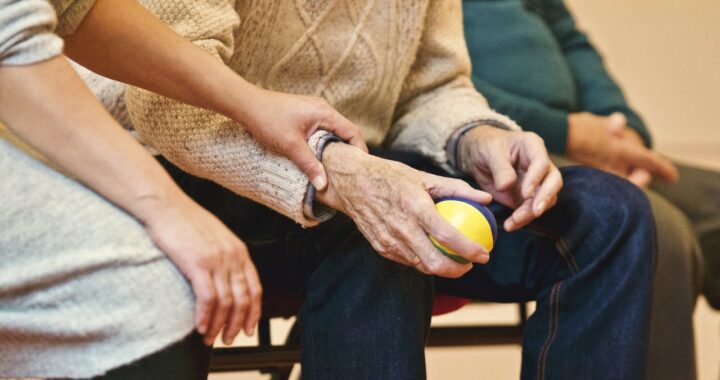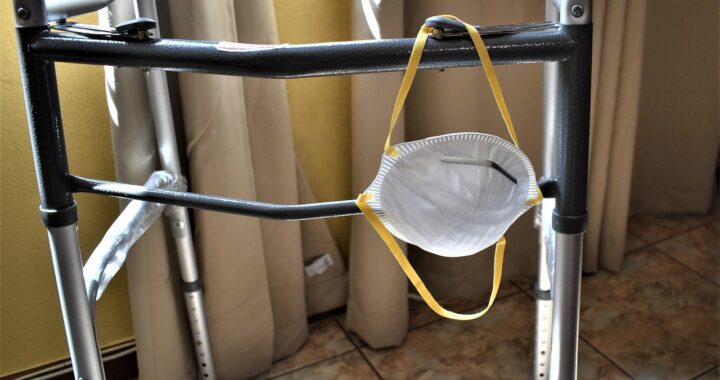When a loved one faces health challenges or the effects of aging, it’s often the family that steps in to provide care and support. While this act of caregiving is driven by love and devotion, it can be extremely physically and emotionallydemanding. Familycaregivers
often find themselves juggling the responsibilities of their lives and with the needs of their loved ones. This can lead to burnout and stress. In such situations, in-home care emerges as a crucial support system, offering relief and assistance to family caregivers.
The Unseen Heroes: Family Caregivers
Family caregivers are the unsung heroes of our society, always dedicating their time and energy to ensure their loved ones receive the best care possible. Whether it’s an aging parent, a spouse with a chronic illness, or a child with special needs, family caregivers take on the role of primary caregivers out of love and responsibility.
The responsibilities of a family caregiver can include but not limited to:
- Assisting with daily activities (ADLs) such as bathing, grooming, and feeding
- Administering medication and managing medical appointments
- Providing emotional support and companionship
- Managing household chores and meal preparation
- Ensuring a safe living environment
While these tasks are carried out with the utmost care and affection, they can take a toll on the caregiver’s own physical and emotional well-being. It’s not uncommon for family caregivers to feel overwhelmed, stressed, and exhausted as they try to balance everything with their own lives and responsibilities.
The Role of In-Home Care
In-home care acts a critical support system for family caregivers. It offers a range of services that can be tailored to meet the specific needs of the care recipient, reducing the caregiver’s burden and enhancing the quality of care provided. Here’s how in-home care can assist the family caregivers:
- Respite Care: In-home care providers can step in to give family caregivers a break. Whether it’s for a few hours a day or on a more regular schedule. Respite care allows caregivers to recharge and refuel, rest and take care of their own needs.
- Skilled Assistance: In-home care agencies partner with skilled professionals, including nurses, therapists, and aides who can provide expert care. This can be especially helpful for medical tasks and therapies that the family caregiver might not have the training for.
- Companionship: Loneliness and isolation are common challenges for both the care recipient and the caregiver. In-home care providers offer companionship and emotional support, helping to combat feelings of isolation.
- Personalized Care Plans: In-home care services are highly customizable. They can be adjusted to fit the care recipient’s specific needs, whether it’s help with mobility, meal preparation, or medication management.
- Safety and Peace of Mind: Family caregivers can have peace of mind knowing that their loved one is in capable hands. In-home care providers are trai ned to ensure safety and can respond to emergencies effectively.
Preserving Family Relationships
In-home care also plays a crucial role in preserving family relationships. By sharing caregiving responsibilities with professionals, family members can maintain a healthier, less strained relationship with their loved one. This dynamic allows family caregivers to be more present as spouses, children or friends, rather than exclusively as caregivers.
In conclusion, in-home care is not just about assisting the care recipient; it’s also about supporting the family caregivers who often sacrifice their time and well-being to provide care. By offering respite, skilled assistance, companionship, and a safety net, in-home care ensures that family caregivers can continue to provide the love and support their loved ones need while safeguarding their own health and quality of life. Family caregivers are true heroes, and in-home care is there to help them shoulder the burden with grace and compassion.
If you have questions, don’t hesitate to reach out to Rosemarie at 323-557-3559 or visit the Contact Page.


